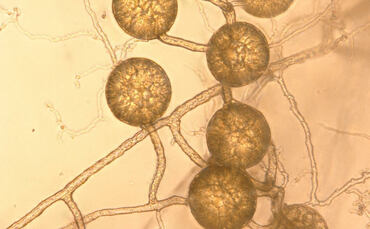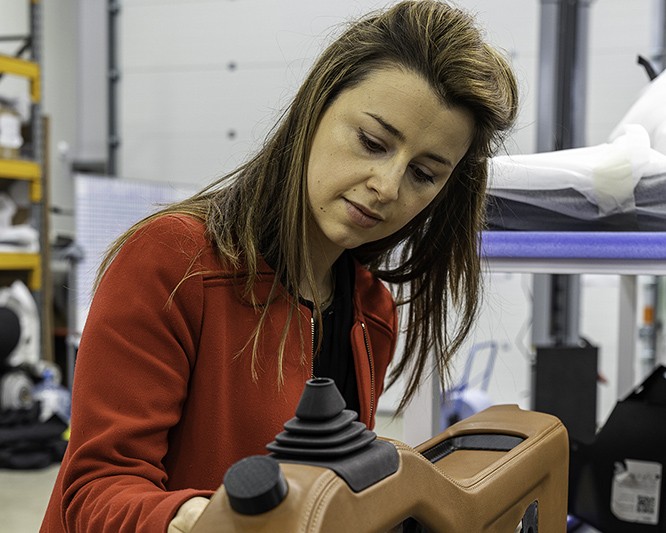A vast underground network of fungi covering the entire planet is acting as a vast natural carbon store for fossil fuel emissions, and could therefore play a critical role in meeting global climate goals, according to scientists.
Fresh research published yesterday in Science Journal Current Biology, estimates underground fungi are responsible for storing below ground more than a third – 36 per cent – of annual emissions from burning fossil fuels, which is more than the total emitted by China each year.
Underground – or mycorrhizal – fungi have been supporting life on land for at least 450 million years and exist in large networks worldwide beneath roads, gardens, and homes, the research explains.
Study co-author Katie Field, professor of plant-soil processes at the University of Sheffield, described the numbers as “jaw dropping”.
“Mycorrhizal fungi represent a blind spot in carbon modelling, conservation, and restoration – the numbers we’ve uncovered are jaw-dropping, and when we’re thinking about solutions for climate we should also be thinking about what we can harness that exists already,” she said.
The scientists conducted their research by examining plant-soil processes to understand how much carbon is being stored by the fungi on a global scale.
They discovered that 13.12 gigtonnes of CO2 is transferred from plants to the fungi every year, effectively “transforming the soil beneath our feet to a massive carbon pool and the most effective carbon capture storage unit in the world”, the study states.
However, healthy soils needed to support fungi are being eroded at alarming rate. At the current rate, the UN has warned that 90 per cent of soil could be degraded by 2050, which the scientists warned could be “catastrophic” not only for curbing climate change and rising temperatures, but also for the productivity of crops and plants too.
Following the study, which touts fungi’s “crucial role in cutting carbon emissions”, the research authors are now calling for fungi to be considered in biodiversity and conservation policies.
“When we disrupt the ancient life support systems in the soil, we sabotage our efforts to limit global heating and undermine the ecosystems on which we depend,” added Fields. “More needs to be done to protect these underground networks – we already knew that they were essential for biodiversity, and now we have even more evidence that they are crucial to the health of our planet.”
The scientists are now investigating how long the carbon is stored by the fungi in the soil, in a bid to further explore the role that fungi plays in Earth’s ecosystems, according to Dr Heidi Hawkins, lead author of the study from the University of Cape Town.
“We always suspected that we may have been overlooking a major carbon pool,” she said. “Understandably, much focus has been placed on protecting and restoring forests as a natural way to mitigate climate change, but little attention has been paid to the fate of the vast amounts of carbon dioxide that are moved from the atmosphere during photosynthesis by those plants and sent below ground to mycorrhizal fungi.”
The University of Sheffield’s School of Biosciences is now leading further research investigating the role of mycorrhizal fungi in soil carbon and other nutrient cycles in more detail.
Using simulated future climates in specialised outdoor field experiments, the Natural Environment Research Council-funded study aims to improve understanding of the critical role of soil fungi, alongside other microbes, in moving carbon below ground and how this will be impacted by future climate change, the University said.
“Mycorrhizal fungi lie at the base of the food webs that support much of life on Earth, but we are just starting to understand how they actually work,” added Professor Toby Kiers, senior author from Vrije University Amsterdam and co-founder of the Society for the Protection of Underground Networks. “There’s still so much to learn,” he added.
Want to understand what is going on at the cutting edge of sustainability? Check out BusinessGreen Intelligence – the premier information for professionals focused on the UK’s green economy.














